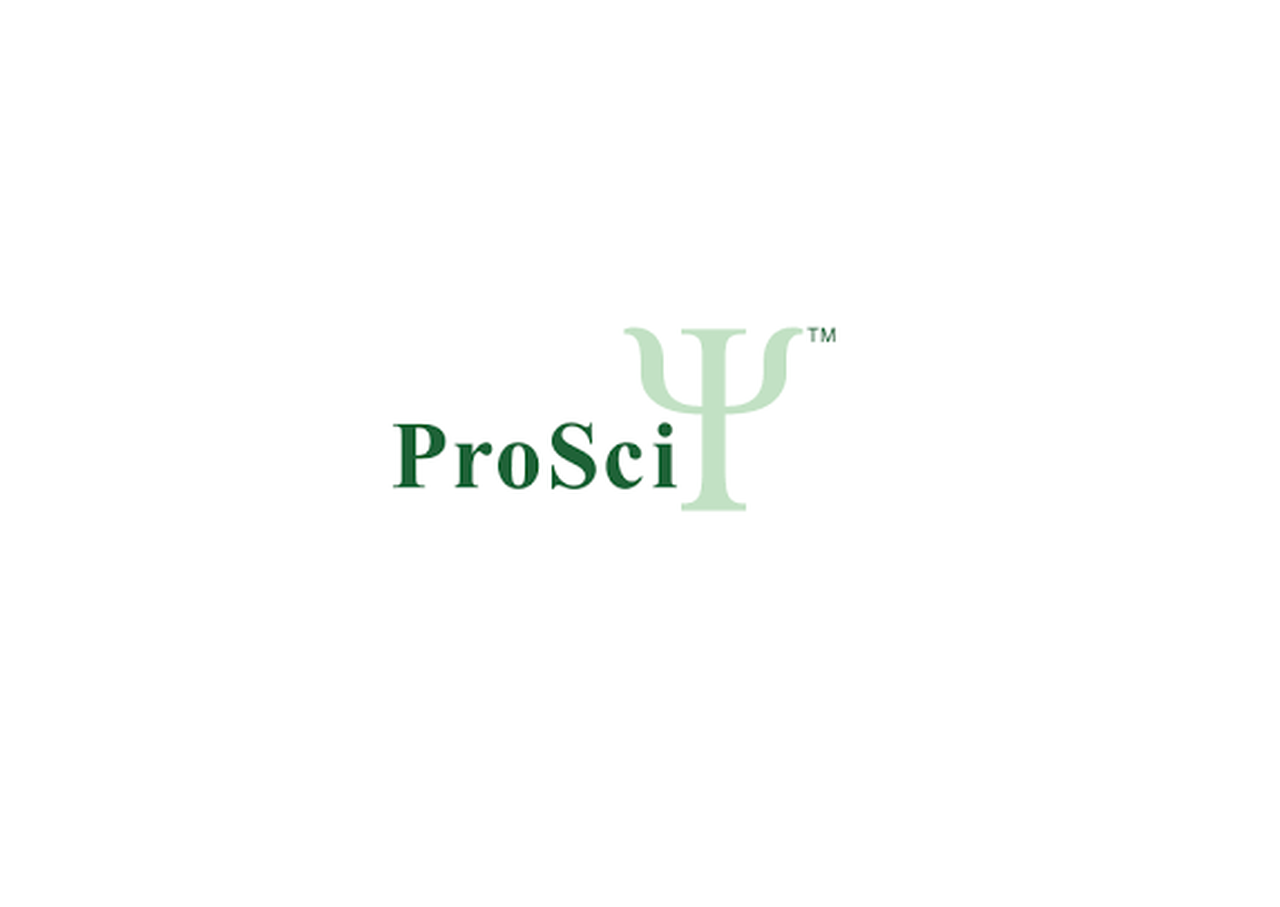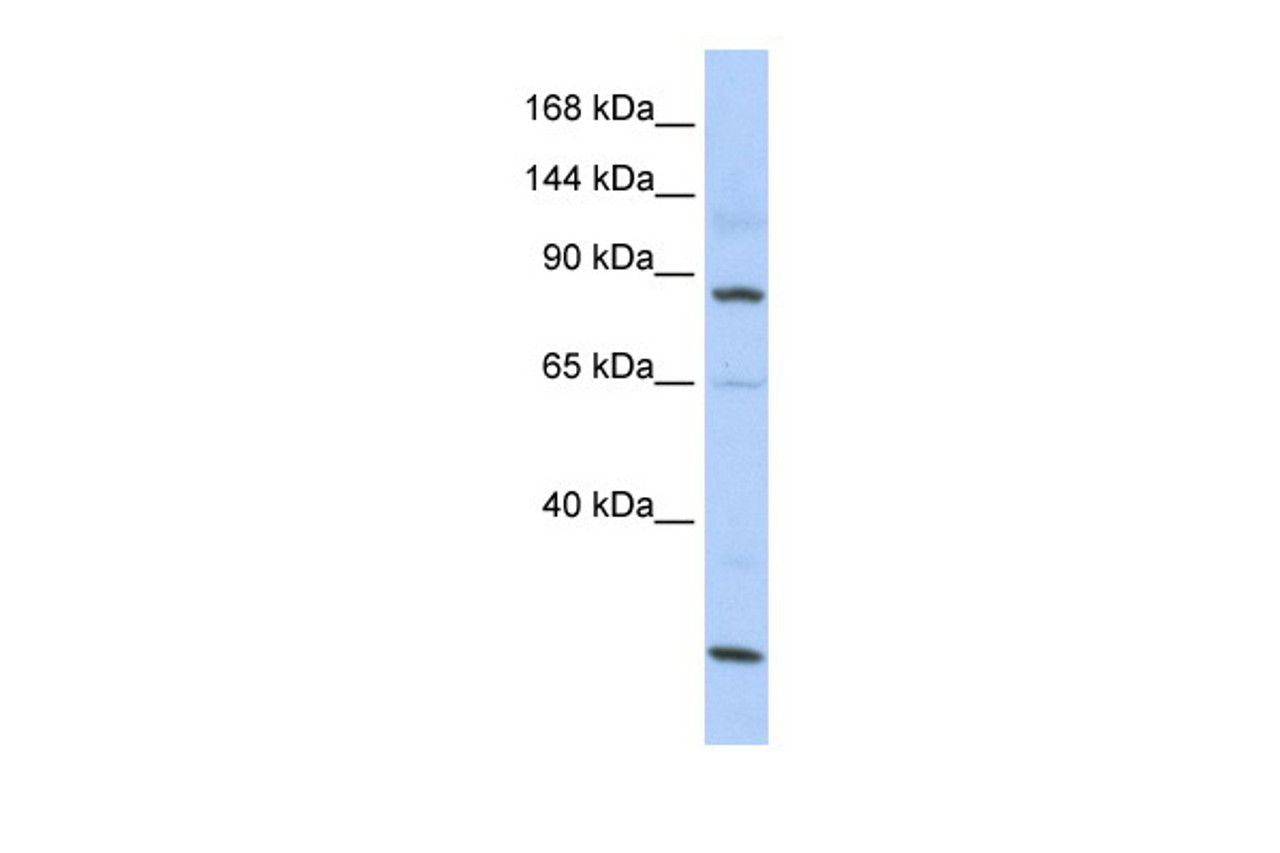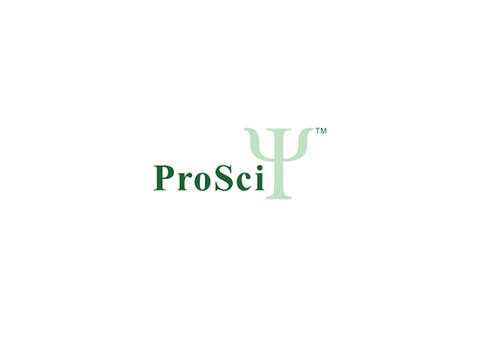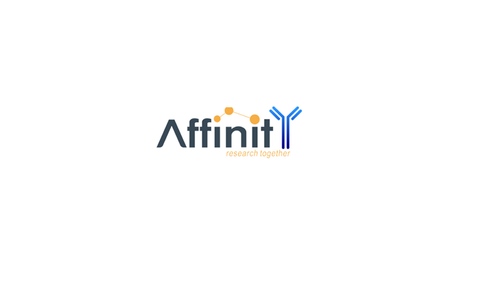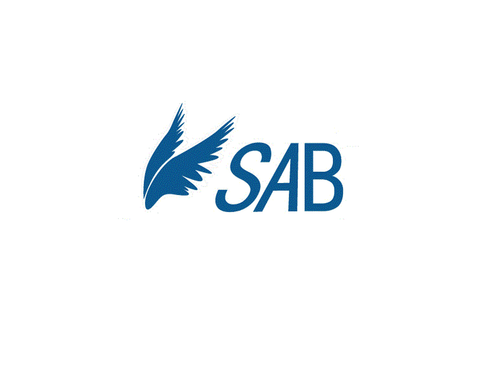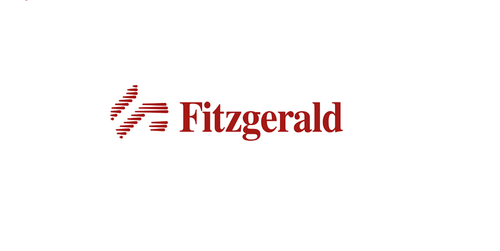Product Description
MSH5 Antibody | 25-692 | ProSci
Host: Rabbit
Reactivity: Human, Rat
Homology: N/A
Immunogen: Antibody produced in rabbits immunized with a synthetic peptide corresponding a region of human MSH5.
Research Area: Cell Cycle, Cancer
Tested Application: E, WB
Application: MSH5 antibody can be used for detection of MSH5 by ELISA at 1:1562500. MSH5 antibody can be used for detection of MSH5 by western blot at 1 μg/mL, and HRP conjugated secondary antibody should be diluted 1:50, 000 - 100, 000.
Specificiy: N/A
Positive Control 1: Cat. No. 1211 - HepG2 Cell Lysate
Positive Control 2: N/A
Positive Control 3: N/A
Positive Control 4: N/A
Positive Control 5: N/A
Positive Control 6: N/A
Molecular Weight: 93 kDa
Validation: N/A
Isoform: N/A
Purification: Antibody is purified by peptide affinity chromatography method.
Clonality: Polyclonal
Clone: N/A
Isotype: N/A
Conjugate: Unconjugated
Physical State: Liquid
Buffer: Purified antibody supplied in 1x PBS buffer with 0.09% (w/v) sodium azide and 2% sucrose.
Concentration: batch dependent
Storage Condition: For short periods of storage (days) store at 4˚C. For longer periods of storage, store MSH5 antibody at -20˚C. As with any antibody avoid repeat freeze-thaw cycles.
Alternate Name: MSH5, DKFZp434C1615, G7, MGC2939, MutSH5, NG23, MUTSH5
User Note: Optimal dilutions for each application to be determined by the researcher.
BACKGROUND: MSH5 is a member of the mutS family of proteins that are involved in DNA mismatch repair or meiotic recombination processes. This protein is similar to a Saccharomyces cerevisiae protein that participates in meiotic segregation fidelity and crossing-over. This protein forms heterooligomers with another member of this family, mutS homolog 4. This gene encodes a member of the mutS family of proteins that are involved in DNA mismatch repair or meiotic recombination processes. This protein is similar to a Saccharomyces cerevisiae protein that participates in meiotic segregation fidelity and crossing-over. This protein forms heterooligomers with another member of this family, mutS homolog 4. Alternative splicing results in four transcript variants encoding three different isoforms.
 Euro
Euro
 USD
USD
 British Pound
British Pound
 NULL
NULL

